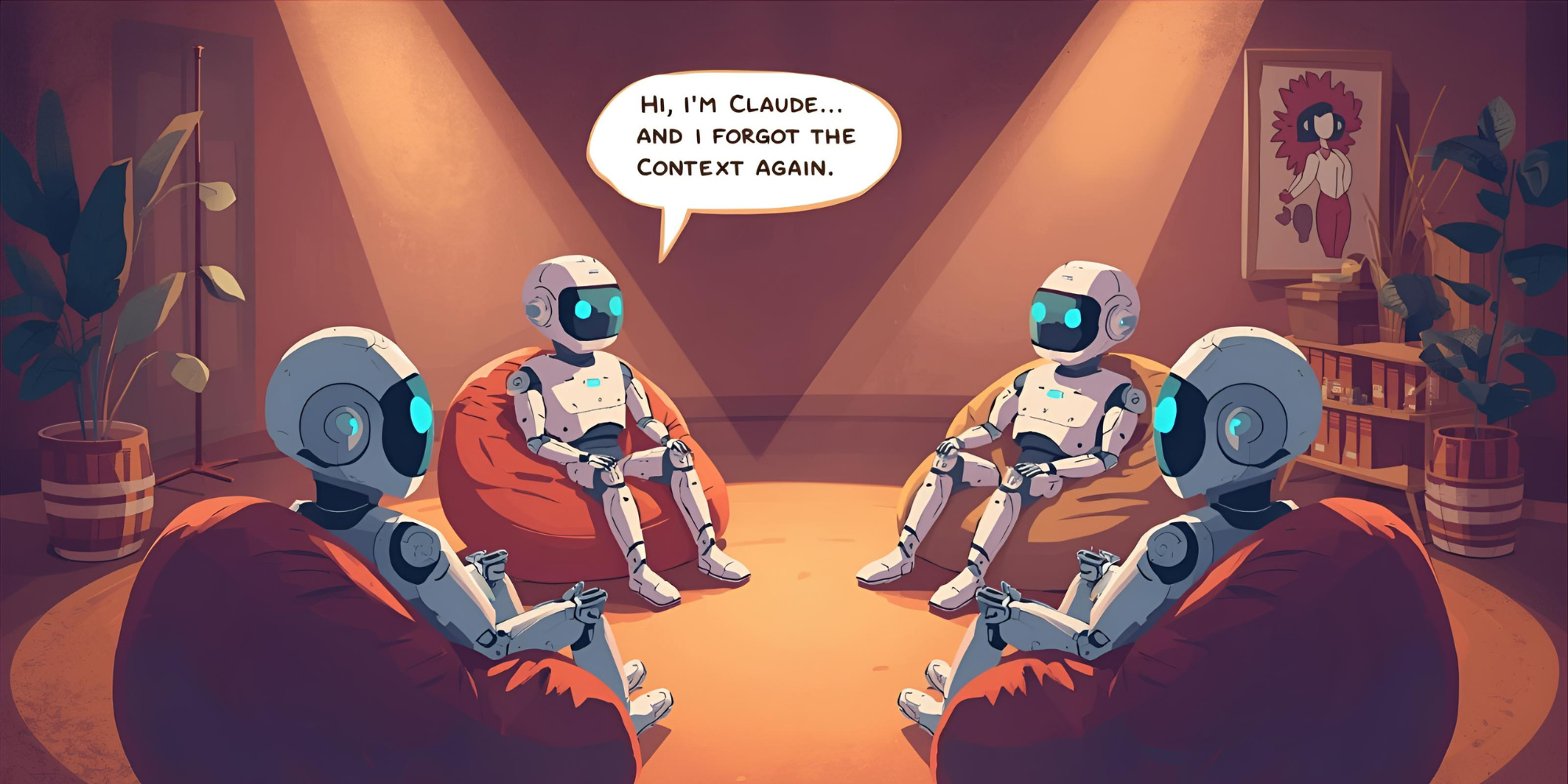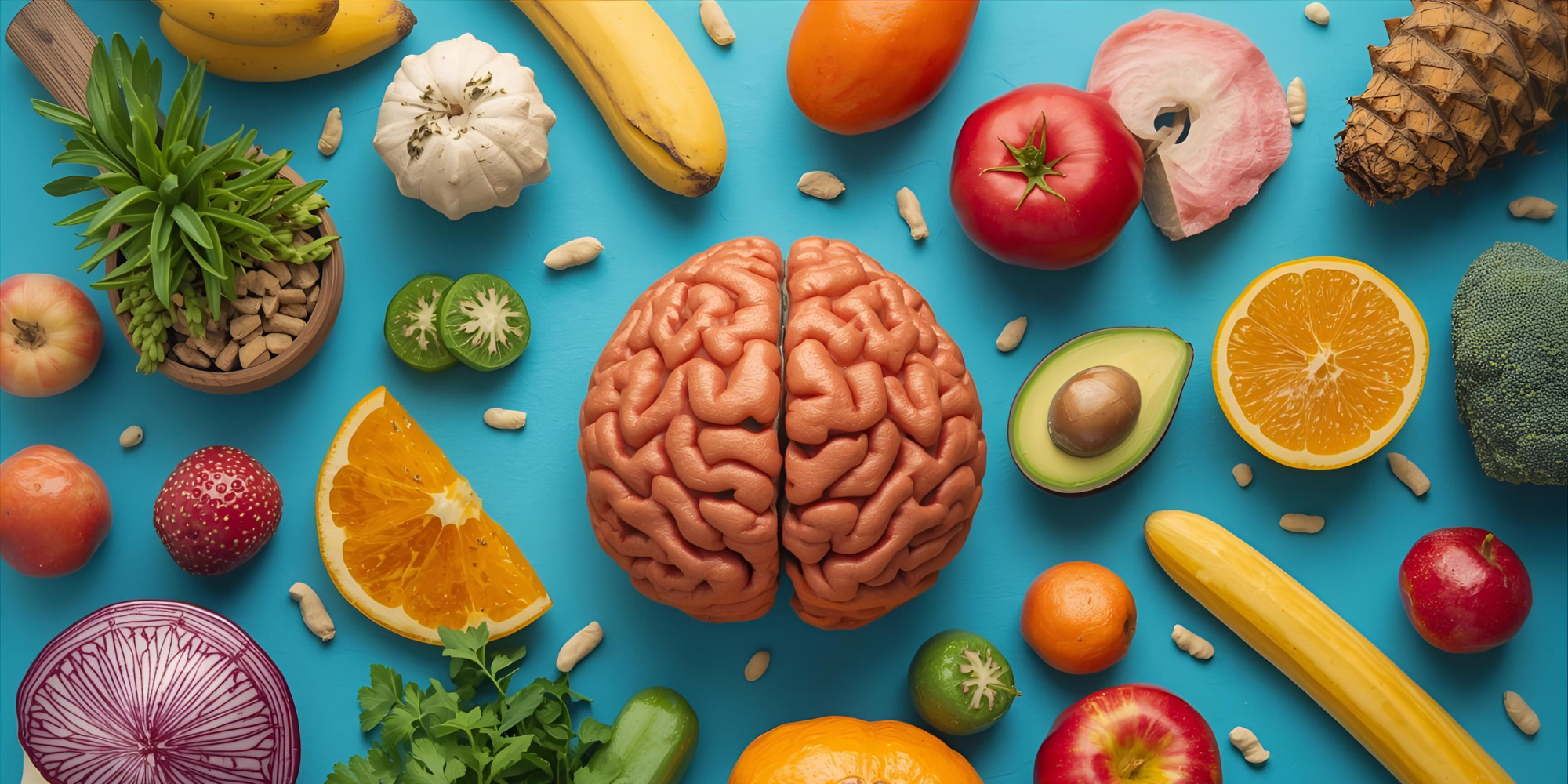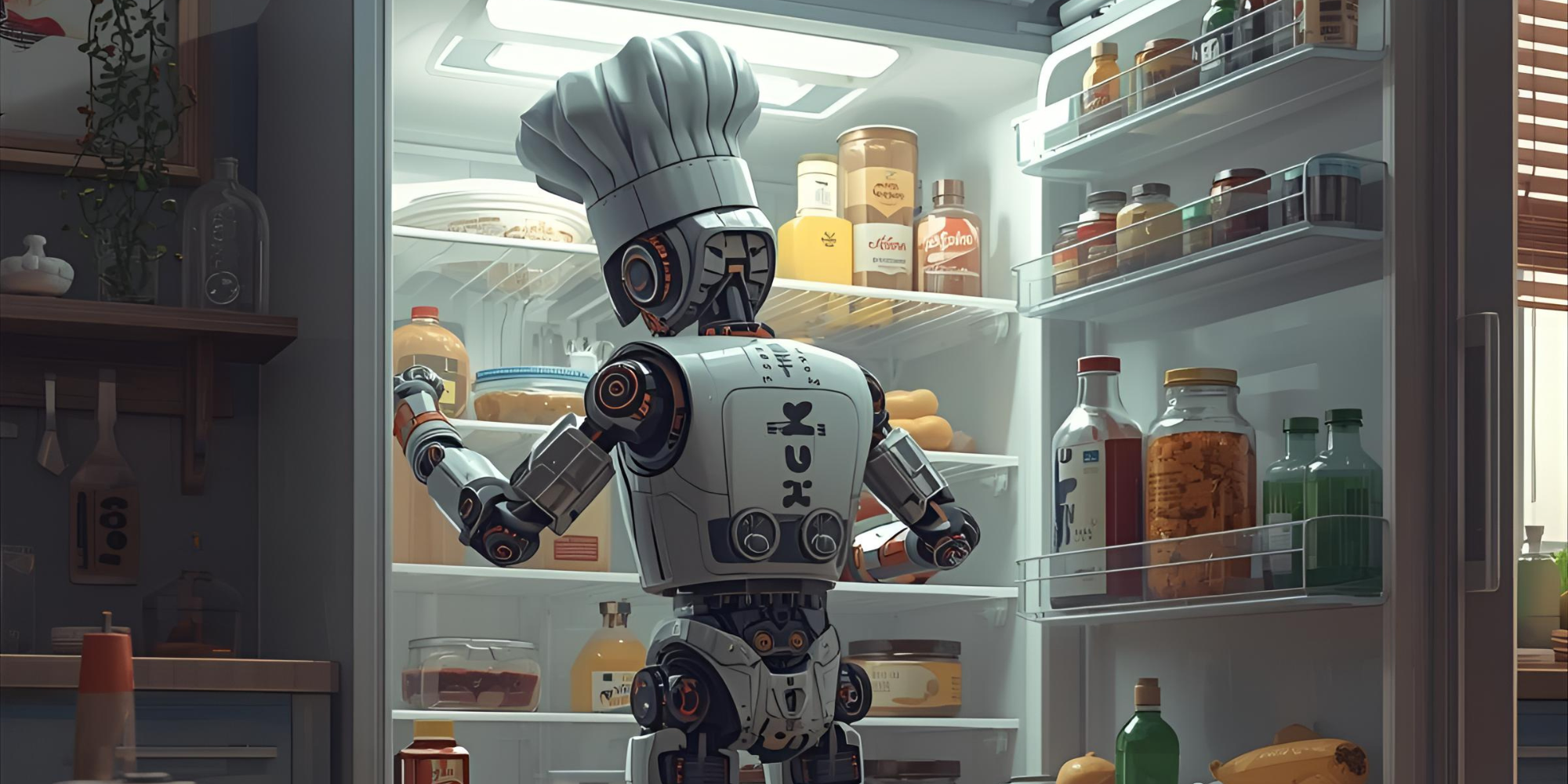Upload your PDFs to ChatGPT? Here's a better way.
ChatGPT's document feature feels like magic until you realize it's actually a disappearing act. Here's what I learned the hard way.

A cluttered desk covered with tall stacks of papers and folders surrounded by green plants, symbolizing disorganized information and the need for a better knowledge system.
Remember when ChatGPT got document uploads? I thought I'd hit the productivity jackpot. Upload a PDF, ask questions, get brilliant answers. Finally! No more copy-pasting from documents. This was going to change everything.
Then I started a new conversation and my document was... gone. 🎭
The PDF upload trap
ChatGPT's document feature is like having a super smart research assistant who gets amnesia every hour. They can analyze your 50-page report beautifully, give you insights you never considered, answer questions with surgical precision. But ask them about the same document tomorrow? "I'm sorry, I don't have access to that file."
Every conversation is a clean slate. Every document upload is temporary. Every brilliant analysis disappears into the void.
Why this breaks teams (not just individuals)
I learned this lesson watching our marketing team last month. Sarah uploaded our brand guidelines to ChatGPT on Monday for help with campaign copy. Great results. Tuesday, Jake needed help with the same campaign. Uploaded the same guidelines. Asked similar questions. Wednesday, I needed to review everything. Guess what? Uploaded. The. Same. Guidelines. Again.
Three people, same document, three separate uploads. And none of us could build on each other's conversations because everything lived in isolation.
What you actually need
The problem isn't document analysis — ChatGPT is brilliant at that. The problem is document memory. You need a system that remembers everything permanently (upload once, reference forever), works for entire teams (no more "can you send me that PDF again?"), handles any file type (PDFs, Word docs, images, meeting recordings, whatever), connects information (see relationships between different documents automatically), and exports clean context (get formatted, AI-ready summaries for any tool).
The workarounds (and why they don't work)
I tried everything before building a proper solution: Google Drive + AI prompts (spent more time finding and organizing than actually using the content), Notion databases (great for storage, terrible for AI integration),Custom GPTs: Limited storage, can't share with team, still disappears if you switch contexts.
Every workaround had the same fundamental flaw: they treated documents like files instead of knowledge.
What actually works
The solution isn't better document upload — it's persistent knowledge management.
Think less like a filing cabinet, more like a brain. 🧠
Instead of uploading documents to AI tools, you feed them to a knowledge system that remembers everything and can export relevant context to any AI conversation.
Your brief from last month connects to your meeting notes from yesterday. Your client preferences inform your project constraints. Everything builds on everything else.
How to fix this (starting today)
Stop treating documents as individual files. Start thinking about them as pieces of your team's knowledge. Create a single source of truth. Whether it's a shared folder, a Notion database, or a proper knowledge management tool, pick one place where everything lives. Extract, don't just store. The goal isn't to have files — it's to have insights you can use. Design for reuse. Every piece of context you create should work for multiple people, multiple projects, multiple conversations.
The future is persistent knowledge
We're still in the early days of AI-human collaboration. But I'm convinced the winners will be teams that figure out knowledge persistence first. Not the teams with the best AI tools. Not the teams with the most data. The teams with the best memory systems.
Because in a world where AI can do almost anything, the competitive advantage goes to whoever can remember everything.
Try Feed Bob with your team
Upload your AI chats, team docs, and research. Export everything as context for any AI tool. Start building your team's shared memory today.
Try for Free →Free tier available • No credit card required


